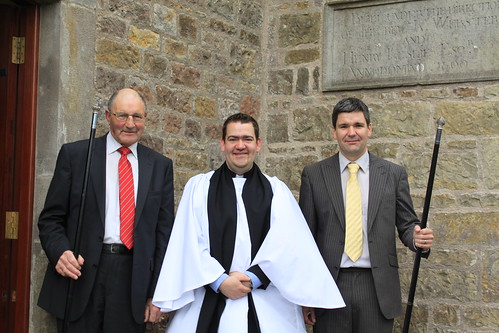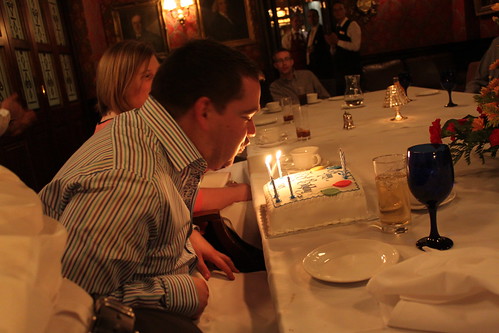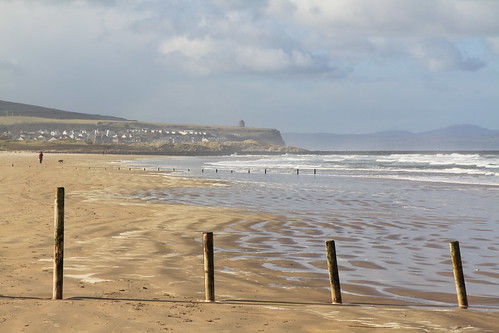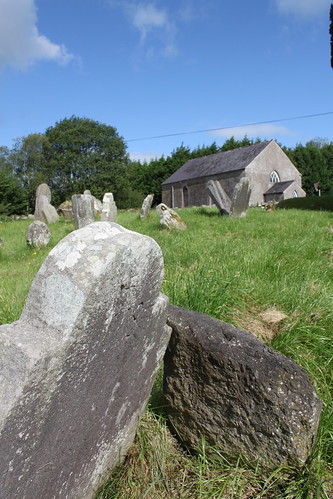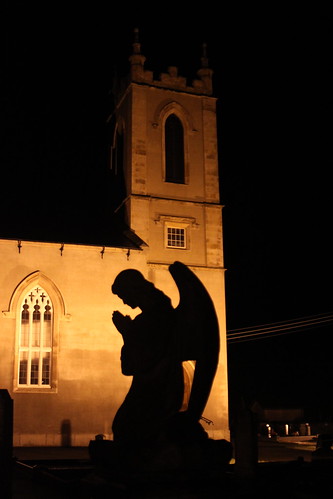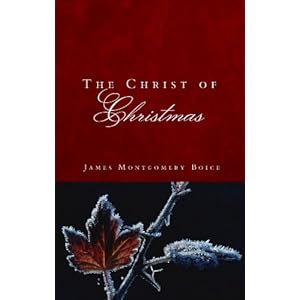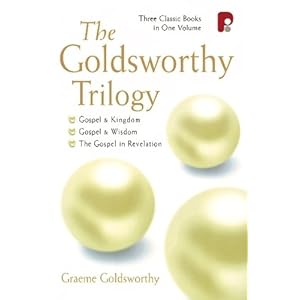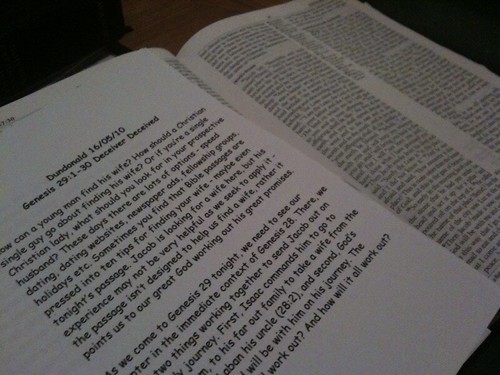
The angel Gabriel was having a busy time. Last week, we saw him meeting with Zechariah in the temple, declaring that the old priest and his wife would soon be having a baby boy, John. Zechariah didn’t believe, and was rendered speechless - quite literally! At first sight, it looks as if our reading this week is business as usual for Gabriel, as he brings the news of another baby, but at best, Zechariah’s announcement was just the warm-up act before the star takes to the stage.
The circumstances are entirely different as Gabriel set off again. This time he’s not at the temple, but in a home; not in Jerusalem, the former capital of Israel, but in the town of Nazareth in Galilee, far north; not a man, but a woman; not an old priest, but a young virgin.
Some reckon that Mary was around 15 or 16. She is engaged to Joseph, but they aren’t married yet. Gabriel appears to her, and gives a strange greeting - one that Mary herself is confused by and has to ponder: ‘Greetings, favoured one! The Lord is with you.’ Gabriel is saying that God has favoured, chosen, graced her - just a simple, ordinary girl. It’s no wonder that she’s surprised! It’s not every day you meet an angel, never mind one bringing a message as strange as this.
But that’s not all. Gabriel has some news that will change Mary’s life forever, and will change the world as well. As we hear what Gabriel says, let’s listen to what he says about the baby Mary is going to have: ‘And now you will conceive in your womb and bear a son, and you will name him Jesus. He will be great, and will be called the Son of the Most High...’
The very first thing that Gabriel says about Jesus is that he will be great. Now I don’t know about you, but that word seems to have lost some of its impact. A meal might be great, a film might be great, our wee niece was great last night, but those kinds of great aren’t what’s meant here. Jesus will be great - he will be ‘mega’! A long time ago a new computer game console came out which, the makers claimed, was the best, fastest computer game console ever. And what was it called? The Sega Megadrive. Or think of the music shops that aren’t around any more - the Virgin Megastore - it wasn’t just a shop, it was a mega shop.
Now you might recall that last week we saw that Gabriel said that John would be ‘great in the sight of the Lord’ (15) - Jesus will be great. It’s as if Jesus is the top of the league of greatness, in a league of his own, even. Why is he great? Because, as Gabriel continues, he is the Son of the Most High. This is no ordinary baby - this is God on earth, the Son of God.
Can you see who Jesus is? As we come near to Christmas and hear again about the baby lying in a manger, do you just see the cute wee baby? Is that all you see? Gabriel’s message urges us to see the Son of God, having given up his power and glory to humble himself, despite his greatness, and all to come and rescue us. Jesus is the great Son of God.
But that’s not all. As Jimmy Cricket would say, c’mere, there’s more! This great Son of God is also the son of David. ‘... and the Lord God will give to him the throne of his ancestor David. He will reign over the house of Jacob for ever, and of his kingdom there will be no end.’ (32-33).
Just as we saw last week, God is fulfilling his promises as the rescue plan goes into top gear. You see, back in the Old Testament, King David had conquered Jerusalem and established his throne there. He wanted to build God a house (the temple) but God instead promised to build David’s house (his line of kings). Here’s what God says in 2 Samuel 7: ‘When your days are fulfilled and you lie down with your ancestors, I will raise up your offspring after you, who shall come forth from your body, and I will establish his kingdom. He shall build a house for my name, and I will establish the throne of his kingdom for ever.’ (2 Sam 7:12-13).
Now it seems as if God is talking about David’s son Solomon, who builds the temple, but he doesn’t reign for ever. He reigned for forty years, but then died. And so the expectation continues - who is this king God has promised who will reign for ever? David’s line continues, but the kings get worse and worse until Jerusalem is destroyed and there are no more kings. The promise seems to have died. Yet here, years later, God is fulfilling his promise - and has identified the son who will reign for ever! He will reign for ever because, as we know, death could not hold him - Jesus lives, and so he continues to reign - and will forevermore!
Now Mary thinks this is wonderful news, but there’s a big problem. ‘How can this be, since I am a virgin?’ It sounds wonderful, but it’s all an impossible dream, surely? Maybe if God waited until she married Joseph, gave them time, then she could bring forth a son?
Gabriel tells her how it can happen - not in the future, but here and now. ‘The Holy Spirit will come upon you, and the power of the Most High will overshadow you.’ This special, holy, Son of God baby will be born to a virgin. And if she needs any more help, Gabriel points her to what’s happening to her elderly relative: ‘And now, your relative Elizabeth in her old age has also conceived a son; and this is the sixth month for her who was said to be barren.’ And here’s the point he’s been driving towards: ‘For nothing will be impossible with God.’
If God can give a baby to old Elizabeth, then he can bring about the birth of his Son through the virgin Mary. Nothing is impossible with God. God is able to do far more abundantly than all we ask or imagine, as Paul writes to the Ephesians. But so often we simply don’t believe it. We would love to see that relative come to know Jesus even though they’ve been anti-God for decades, but we think that’s too hard for God, that it must be impossible. We would love to see the church full on a Sunday morning, but maybe that’s too difficult for God? So often the problem lies not in God’s weakness, but in our unbelieving.
But to weak, unlikely, sinners, like Zechariah, and Mary, and you and me, God comes in grace and says ‘your prayers have been heard’ ‘you have found favour from God’ ‘God has given you grace’. Nothing will be impossible with God. If he can rescue his people from Egypt, and bring them into the promised land, and defeat Jericho without a sword being used, and bring his people back from exile in Bablyon; if he can give a baby to an elderly couple, and give another baby to a virgin in order to fulfil his plan of salvation and rescue his people, then nothing is impossible for him.
This baby is the Son of David, who will reign forever, and the great Son of God, who came to die for us. As Paul asks the Romans: ‘If God is for us, who can be against us? He who did not withhold his own Son, but gave him up for all of us, will he not with him also give us everything else?’ (Rom 8:31-32) Just as Mary answered in faith, let us also believe, and take God at his word: ‘Here am I, the servant of the Lord; let it be with me according to your word.’ (38)
This sermon was preached in Aghavea Parish Church on Sunday 4th December 2011.
